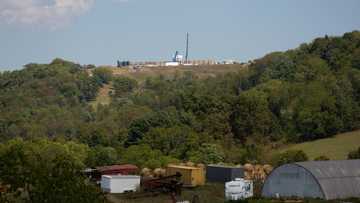'End of an era': UK to shut last coal-fired power plant
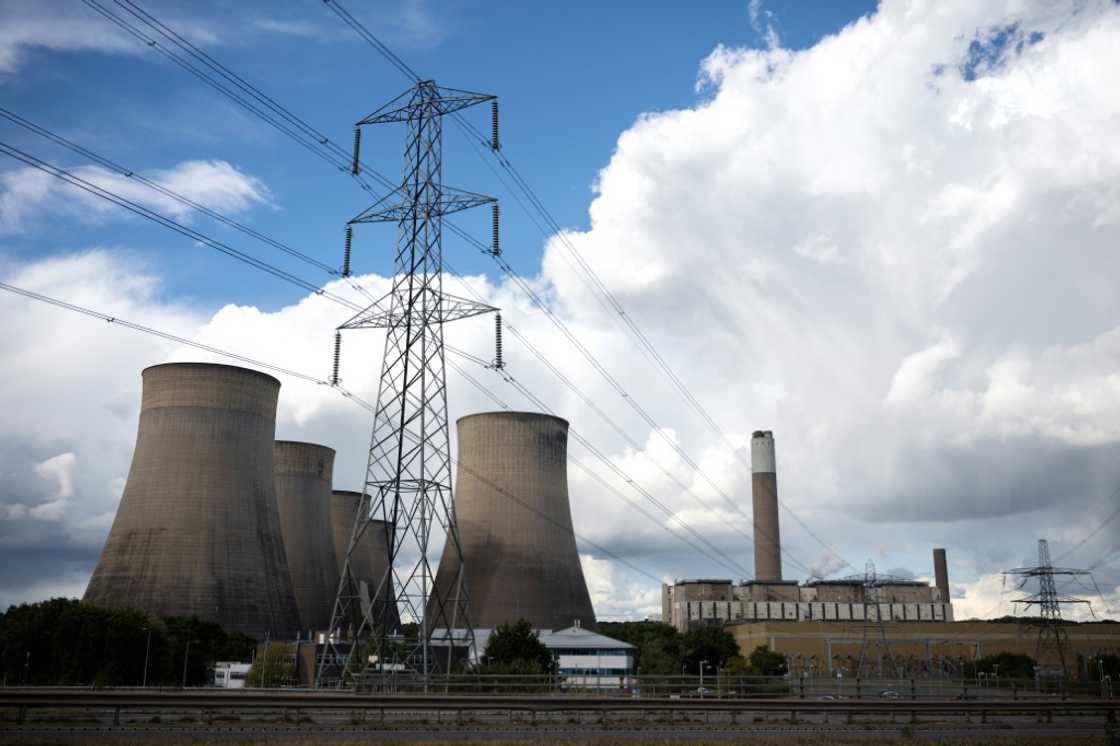
Source: AFP
CHECK OUT: Education is Your Right! Don’t Let Social Norms Hold You Back. Learn Online with LEGIT. Enroll Now!
Ratcliffe-on-Soar Power Station has dominated the landscape of the English East Midlands for nearly 60 years, looming over the small town of the same name and a landmark on the M1 motorway bisecting Derby and Nottingham.
At the mainline railway station serving the nearby East Midlands Airport, its giant cooling towers rise up seemingly within touching distance of the track and platform.
But at the end of this month, the site in central England will close its doors, signalling the end to polluting coal-powered electricity in the UK, in a landmark first for any G7 nation.
"It'll seem very strange because it has always been there," said David Reynolds, a 74-year-old retiree who saw the site being built as a child before it began operations in 1967.
"When I was younger you could go down certain parts and you saw nothing but coal pits," he told AFP.
Energy transition
Coal has played a vital part in British economic history, powering the Industrial Revolution of the 18th and 19th centuries that made the country a global superpower, and creating London's infamous choking smog.
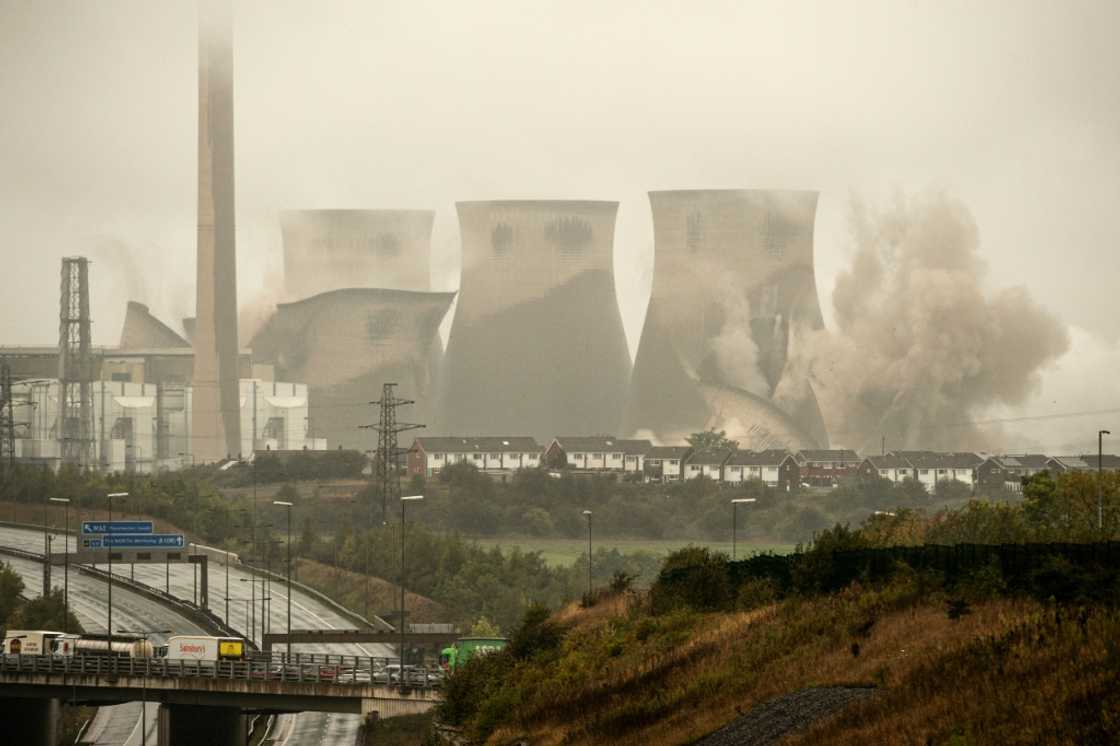
Source: AFP
Even into the 1980s, it still represented 70 percent of the country's electricity mix before its share declined in the 1990s.
In the last decade the fall has been even sharper, slumping to 38 percent in 2013, 5.0 percent in 2018 then just 1.0 percent last year.
In 2015, the then Conservative government said that it intended to shut all coal-fired power stations by 2025 to reduce carbon emissions.
Jess Ralston, head of energy at the Energy and Climate Intelligence Unit think-tank, said the UK's 2030 clean-energy target was "very ambitious".
But she added: "It sends a very strong message that the UK is taking climate change as a matter of great importance and also that this is only the first step."
By last year, natural gas represented a third of the UK's electricity production, while a quarter came from wind power and 13 percent from nuclear power, according to electricity operator National Grid ESO.
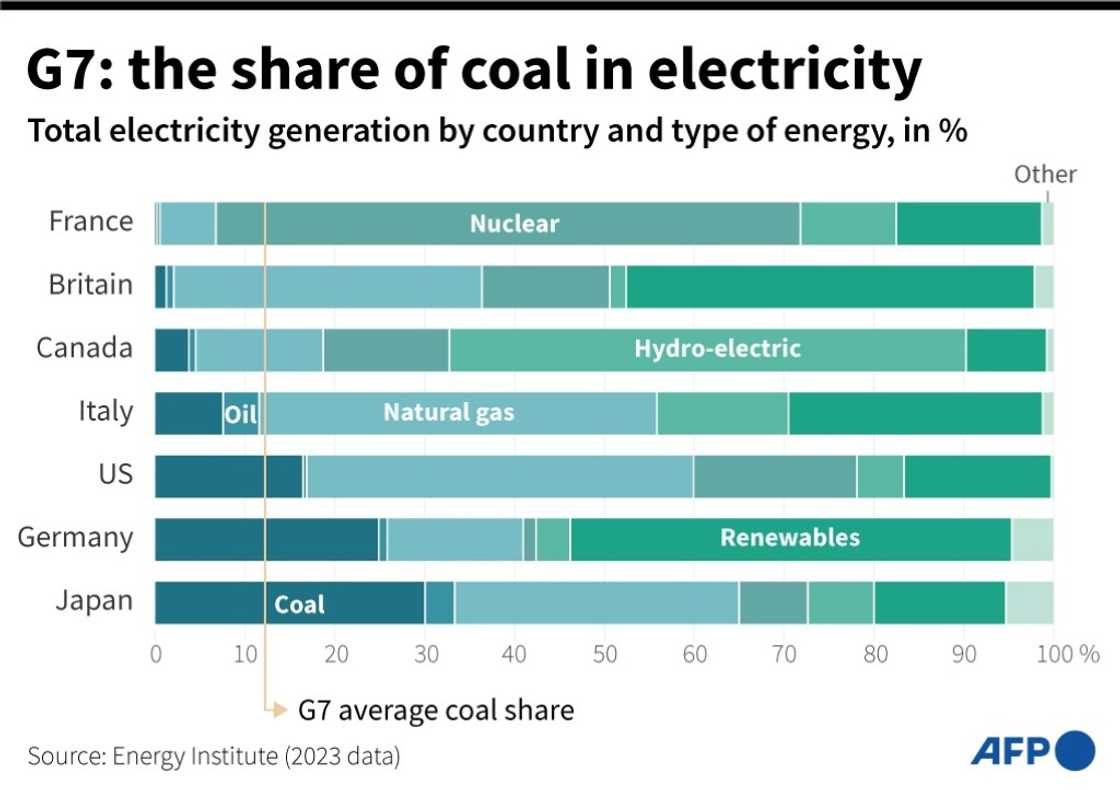
Source: AFP
"The UK managed to phase coal out so quickly largely through a combination of economics and then regulations," Ralston said.
"So larger power plants like coal plants had regulations put on them because of all the sulphur dioxide, nitrous oxides, all the emissions coming from the plant and that meant that it was no longer economically attractive to invest in those sorts of plants."
The new Labour government launched its flagship green energy plan after its election win in July, with the creation of a publicly owned body to invest in offshore wind, tidal power and nuclear power.
The aim is to make Britain a superpower once more, this time in "clean energy".
As such, Ratcliffe-on-Soar's closure on September 30 is a symbolic step in the UK's ambition to decarbonise electricity by 2030, and become carbon neutral by 2050.
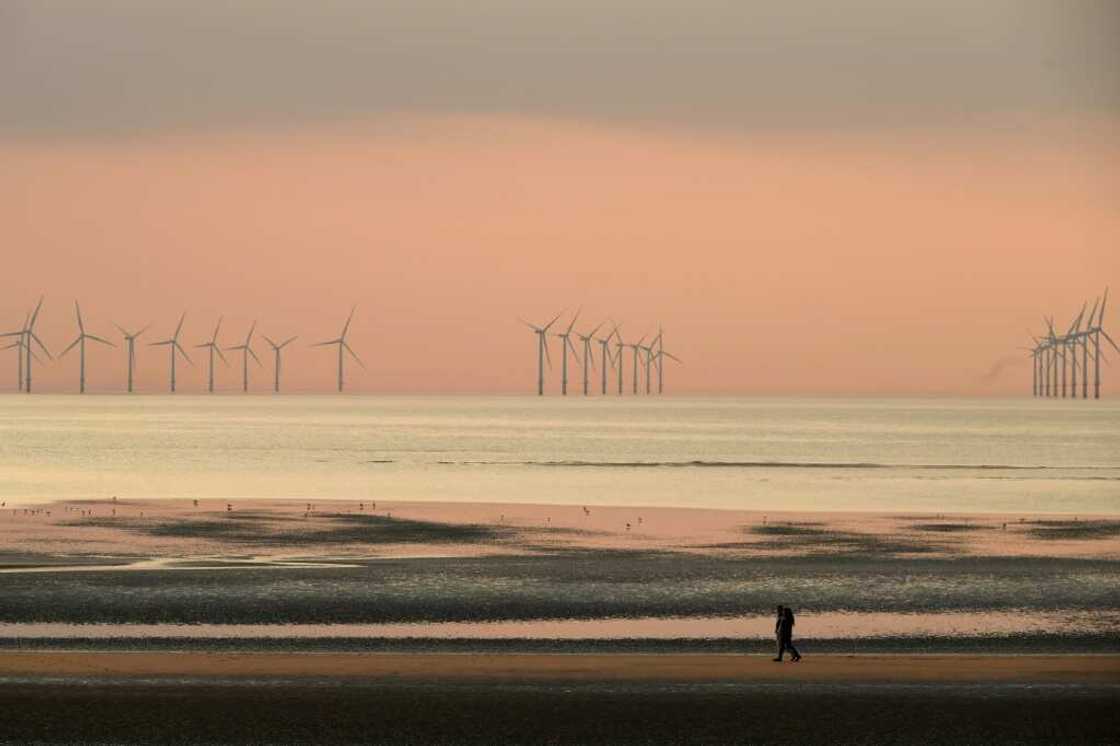
Source: AFP
It will make the country the first in the G7 of rich nations to do away entirely with coal power electricity.
Italy plans to do so by next year, France in 2027, Canada in 2030 and Germany in 2038. Japan and the United States have no set dates.
'End of an era'
In recent years, Ratcliffe-on-Soar Power Station, which had the potential to power two million homes, has been used only when big spikes in electricity use were expected, such as during a cold snap in 2022 or the 2023 heatwave.
Its last delivery of 1,650 tonnes of coal at the start of this summer barely supplied 500,000 homes for eight hours.
"It's like the end of a era," said Becky, 25, serving £4 pints behind the bar of the Red Lion pub in nearby Kegworth.
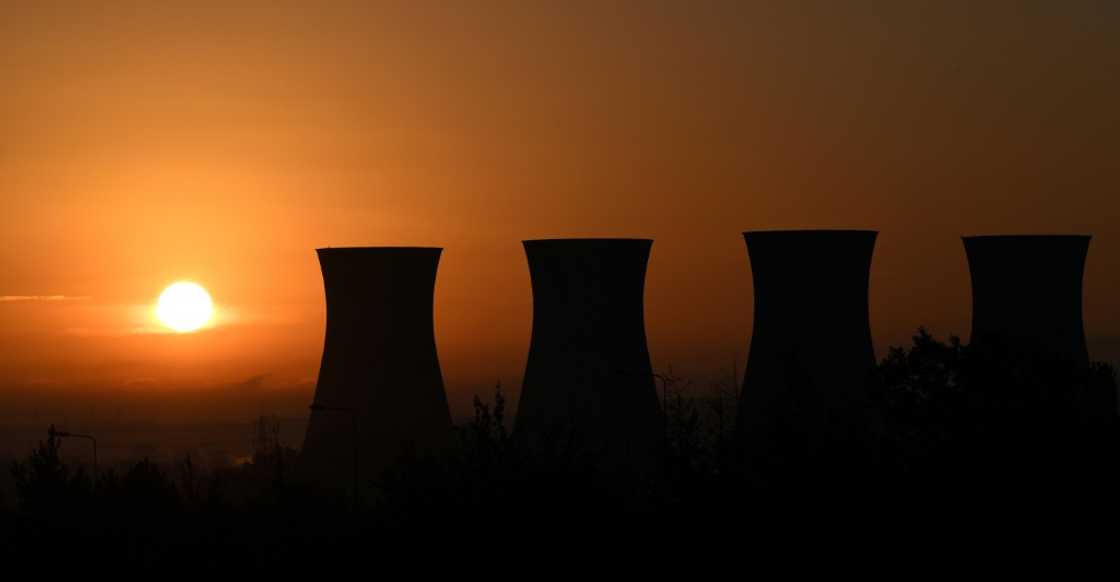
Source: AFP
Her father works at the power station and will be out of a job. September 30 is likely to stir up strong emotions for him and the other 350 remaining employees.
"It's their life," she said.
Nothing remains of the world's first coal-fired power station, which was built by Thomas Edison in central London in 1882, three years after his invention of the electric light bulb.
The same fate is slated for Ratcliffe-on-Soar: the site's German owner, Uniper, said it will be completely dismantled "by the end of the decade".
In its place will be a new development -- a "carbon-free technology and energy hub", the company said.
PAY ATTENTION: Сheck out news that is picked exactly for YOU ➡️ find the “Recommended for you” block on the home page and enjoy!
Source: AFP




